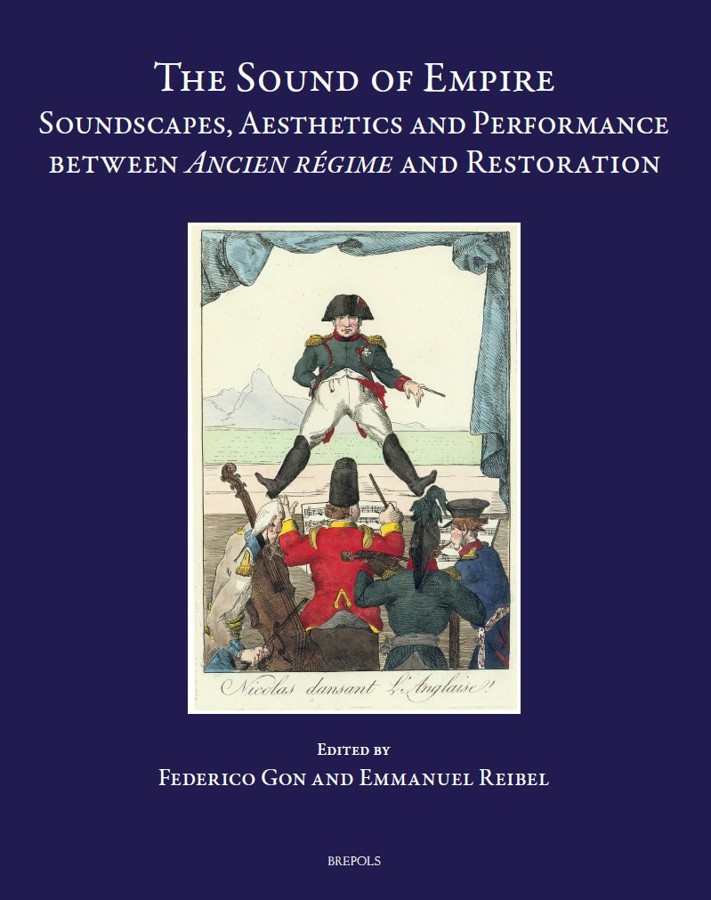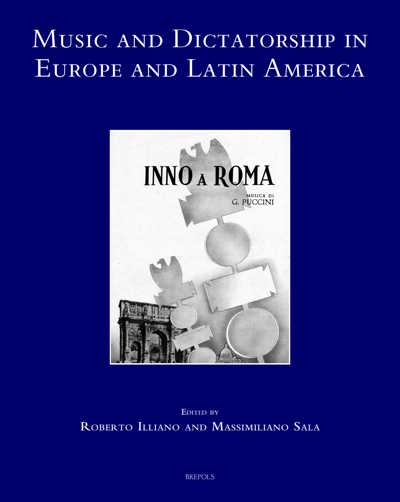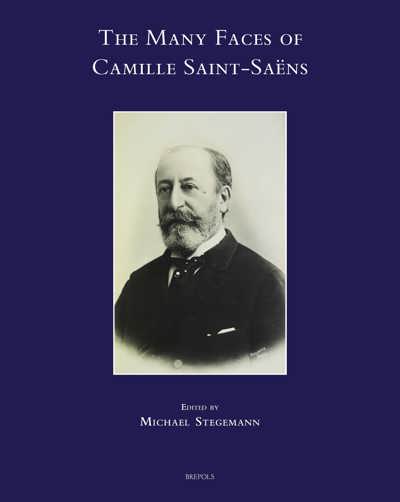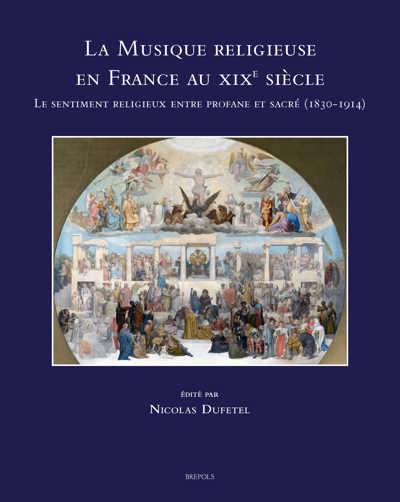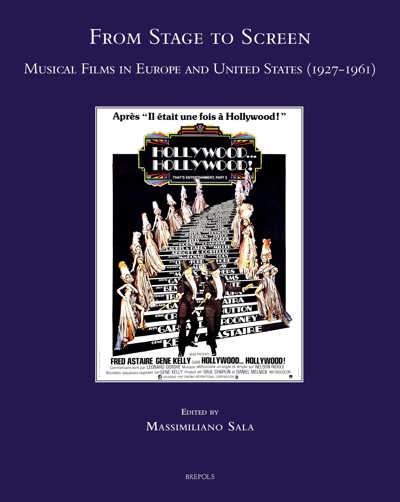
The Sound of Empire
Soundscapes, Aesthetics and Performance between «Ancien régime» and Restoration
Federico Gon, Emmanuel Reibel (eds)
- Pages: xv + 351 p.
- Size:210 x 270 mm
- Illustrations:16 b/w
- Language(s):English, French, Italian
- Publication Year:2024
- € 120,00 EXCL. VAT RETAIL PRICE
- ISBN: 978-2-503-60849-5
- Hardback
- Available
This book explores the musical changes brought on by the multifaceted pre- and post-Napoleonic sonic world.
Federico Gon, a musicologist and composer, studied musicology (Masters Degree and PhD) at the University of Padua, and has to his credit numerous participations in conferences as well as the publication of books and essays in scientific journals specialising in opera and instrumental music of the XVIII-XIX centuries. He currently teaches at the Conservatorio ‘G. Tartini’ in Trieste.
Emmanuel Reibel is Professor of Musicology at the École Normale Supérieure de Lyon and Professor of Aesthetics at the Conservatoire de Paris. His work focuses in particular on music discourses and the history of Romanticism. His latest book has just been published: «Du metronome au gramophone: musique et révolution industrielle» (Paris, Fayard, 2023).
The second half of the eighteenth century and the first half of the nineteenth century was a time of great historical and social upheavals — a melting pot of events whose repercussions are still felt. The first industrial revolution, the American Revolution, the French Revolution, and the Napoleonic wars: such were events that gradually undermined the status quo of the Ancien régime. Napoleon Bonaparte is the keystone of this period, given his role as an innovator of aspects of the military, political, civil, artistic and cultural life of his time. This book explores the musical changes brought on by the multifaceted pre- and post-Napoleonic sonic world. It focuses on the politicised dramaturgy at the Paris Opera, on the incredible diffusion of French opera in the German-speaking world, and on the question of national identity in Italian, Polish, Spanish and Portuguese contexts during this politically critical period. Beyond operas and cantatas in praise of Napoleon, this book also highlights the mechanical soundscape of the Empire, the repertoire of incidental music and the varied fortunes of the music business at that time. Finally, it analyses the place of female singers or composers from a gendered perspective.
FEDERICO GON – EMMANUEL REBEIL, Preface
POLITICS AND NATIONAL IDENTITY
1. GALLIANO CILIBERTI, Francesco Morlacchi, Napoleone I e il sound imperiale tra Italia e Germania
2. MAGDALENA OLIFERKO-STORCK, Napoleonic Warsaw: The Emperor’s Sojourns and the French Culture in the Soundscape of the Capital of Poland before Chopin
3. ERIC BOARO, «Non essendovi più capelle in veruna chiesa…». Finanziamento e impiego musicale nella Modena giacobina e la stagione al Teatro Rangone tra il 1798 e il 1799
4. FEDERICO GON, ‘Feast, Flour, and Gallows’: Haydn’s Creation in Naples (1821) and the Politics of Restoration
5. MATTHIEU CAILLIEZ, Étude des transferts musicaux franco-allemands à l’époque napoléonienne à travers le prisme de l’«Allgemeine musikalische Zeitung»
OPERA, THEATRE AND PERFORMANCE
6. MARIA BIRBILI, The Sound of Empire: Politicised Dramaturgy in French Opera from the French Revolution to Napoleon
7. MARTIN BARRÉ, Dans l’ombre de Paris. Circulation et diffusion de la musique de scène sous l’Empire: l’exemple du théâtre de Versailles
8. ANNELIES ANDRIES, Caroline Branchu: A Model of Nineteenth-Century Womanhood?
9. CLAUDIA CHIBICI-REVNEANU, Moving towards Exclusion: A Case Study of the ‘Female Viennese School’
MUSIC PUBLISHING AND TEACHING
10. HENRI VANHULST, Les relations entre Jean-Jérôme Imbault et ses compositeurs d’après des lettres de Jean-Louis Duport et Ferdinando Paër
11. DAVID ROWLAND, Music Publishing and Markets c. 1750-1830
SOUNDSCAPES AND AESTHETICS
12. EMMANUEL REIBEL, The Empire’s Mechanical Musics: From Soundscape to Reception
13. INES THOMAS ALMEIDA, Imaginary Soundscapes: The Sounds of Portuguese Music as Captured by German Travellers at the End of the «Ancien Régime»
14. ALBAN RAMAUT, Le Napoléon d’Hector Berlioz, proposition de lecture

